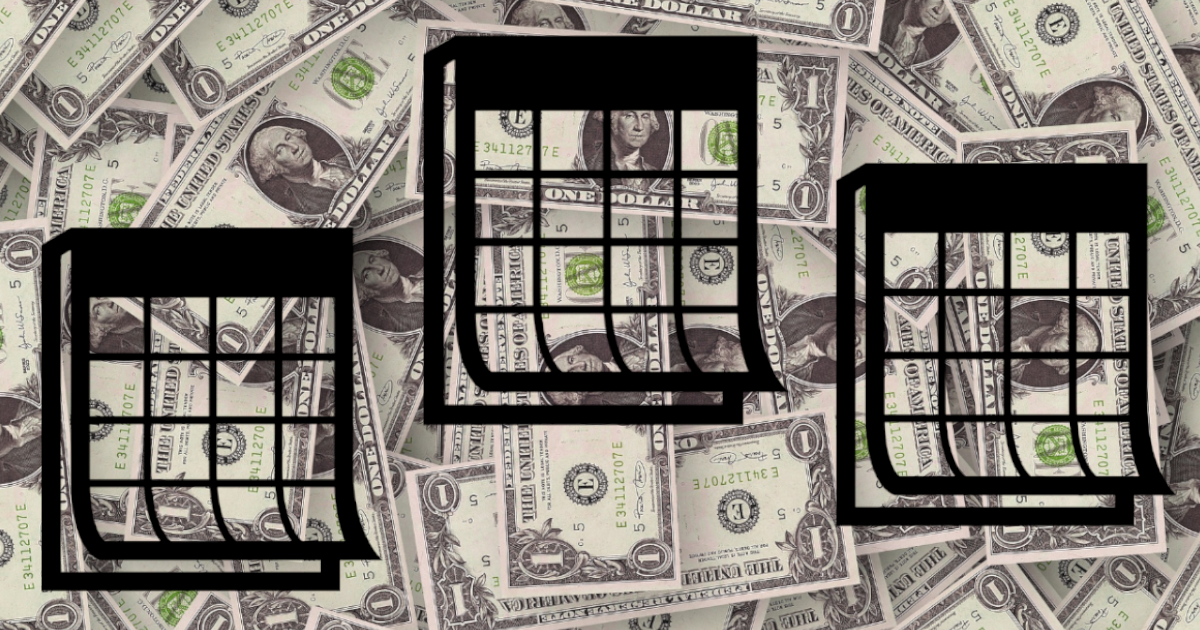

Day Trading:
Got an Extra $25k?
Trading v Investing...
Day trading seems to receive a high level of attention across media platforms, and many might wonder if day trading stocks can be a way to generate some extra income or even make a living. As opposed to long term investing for reasons such as retirement, day trading is synonymous with short term strategies. Long term investors seek to grow their wealth over time, and may sell holdings rarely, if ever, before reaching retirement. In contrast, traders try to generate more immediate capital gains by frequently selling stocks. Frequent turnover of holdings requires a shorter time frame. While long term investors may keep holdings for years and even decades, providing time for investments to steadily grow; traders attempt to time the ups and downs of markets in the near term.
Tough Odds
Shorter term holding periods are typically associated with higher levels of speculation than longer term holding periods of diversified portfolios. Day trading represents the shortest-term strategy, and holding periods can range from hours to less than a second. Though the term day trading is often used in general to describe any short term trading, a day trade specifically refers to buying and then selling the same stock in the same day. Timing the near term ups and downs of market movements on a consistent basis is extremely difficult, for anyone. Studies have found the chances of being a sustainably successful day trader are very low. However, even if some are able to beat the odds by making continuously profitable day trades, there may be another potential obstacle to cashing in on day trader riches.
$25k Hurdle
Day traders may buy and sell multiple holdings within the same day. However, it typically takes two days after a trade for settlement to occur. This means that day traders are essentially making trades with unsettled funds. Allowing traders to use unsettled funds presents a risk to brokers. To reduce the risk shouldered by the broker, an account minimum of $25,000 is typically imposed on day trading accounts. Accounts below the $25k threshold are only allowed to make three day trades within a period of five trading days. Accounts under $25k that go over the day trading limit will be designated as a pattern day trader and day trades are usually restricted.
Casino Fun…
Even if a trader can surmount the steep odds of market timing, with less than 8% of Americans having at least $25,000, the average investor may be priced out of frequent day trading. For accounts under the $25k level, the limit of three day trades in five trading days, or being restricted to day trading only with settled funds may not provide enough trading opportunities to strike it rich or generate much spending money. However, making day trades might be fun if using money that can be lost. For the average investor experimenting with short term trading, approaching it like a casino, and betting only as much as you can afford to lose may be a good idea. Though it might be fun to gamble a little with stocks, low cost index funds held in tax advantaged retirement accounts over the long term may be the best option for the average investor.
March 6, 2024
Markets Demystified is published on the first Wednesday of each month, and explores how stock market investing can relate to personal finance.
Thanks for reading!
Aesop Advisor LLC advertisements including newsletters and other publications are for informational purposes only. They do not attempt to predict future stock market moves and are not intended as individual investment advice. Aesop Advisor LLC newsletters and publications are not recommendations to buy, sell or hold any asset and are not intended as actionable investment advice or market timing. Equities references generally refer to the overall stock market, though if individual companies are mentioned, it is not a recommendation to buy, sell, or hold shares of the company. Unless otherwise indicated, terms including "stocks", the "stock market", and "market(s)" refer to Standard & Poor's 500 index. All investments involve risk and the past performance of a security or financial product does not guarantee future results or returns. While diversification may help spread risk, it does not assure a profit or protect against loss. There is always the potential of losing money when you invest in securities or other financial products. Publications and advertisements from Aesop Advisor LLC are not intended as investment, legal, or tax advice. Although gathered from sources believed to be reliable, Aesop Advisor LLC cannot guarantee the accuracy and completeness of data or information presented in publications and advertisements. This is an advertisement.